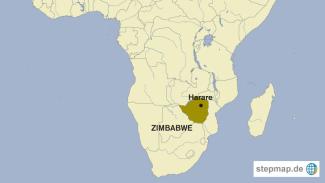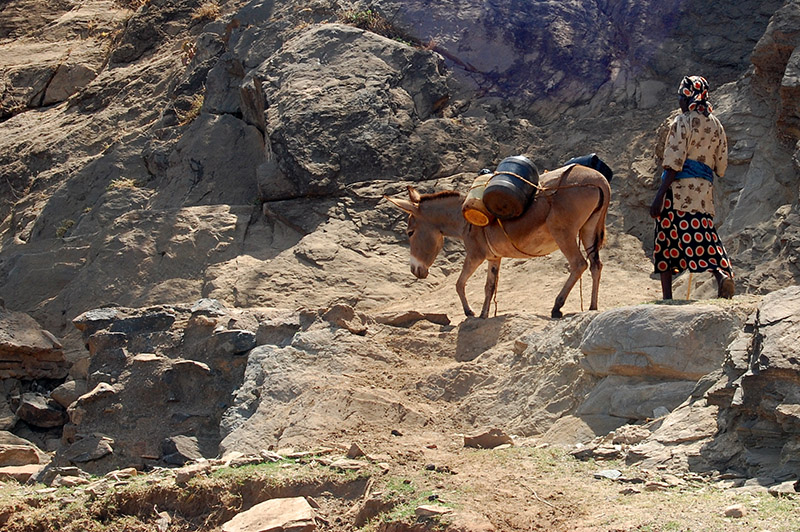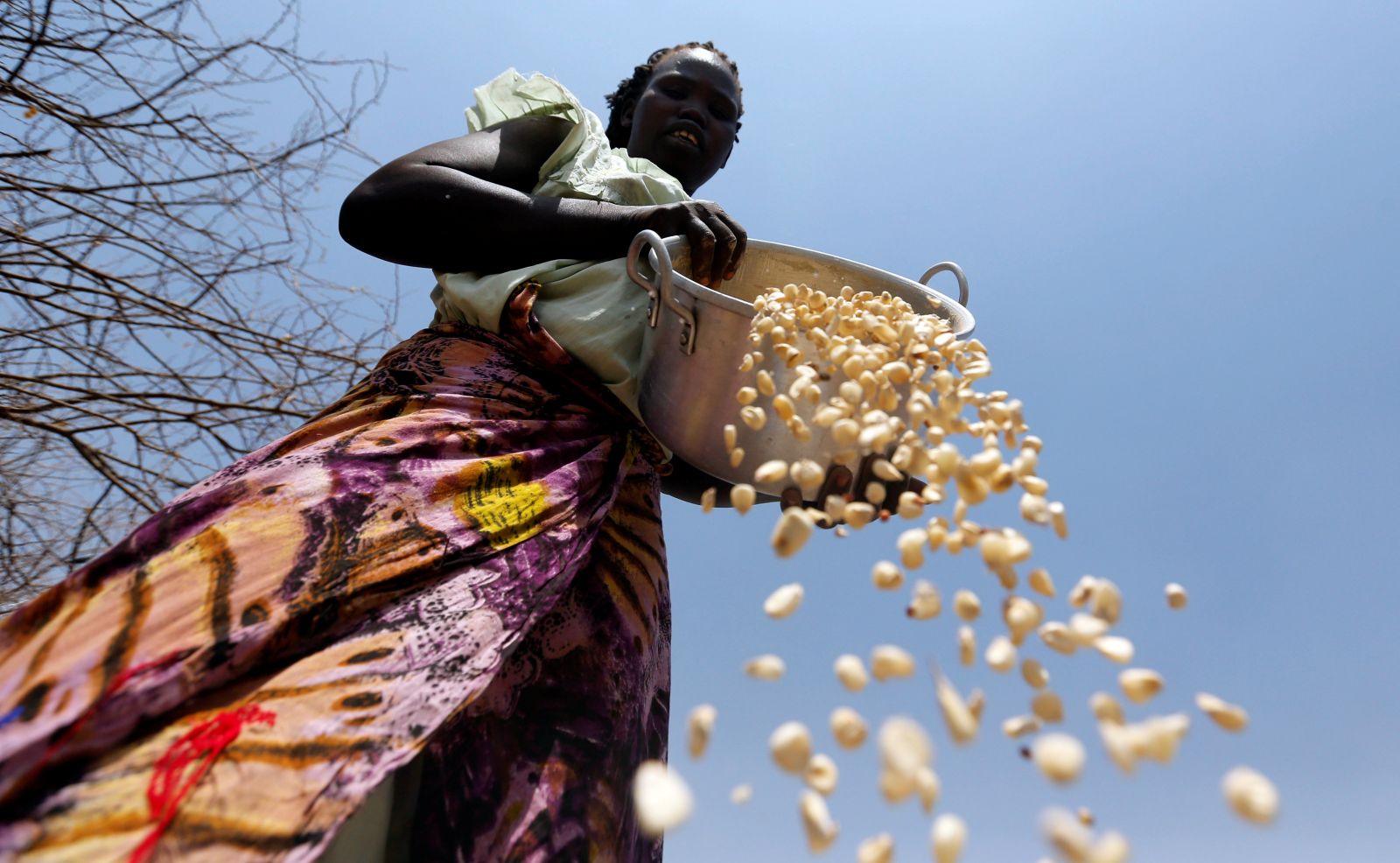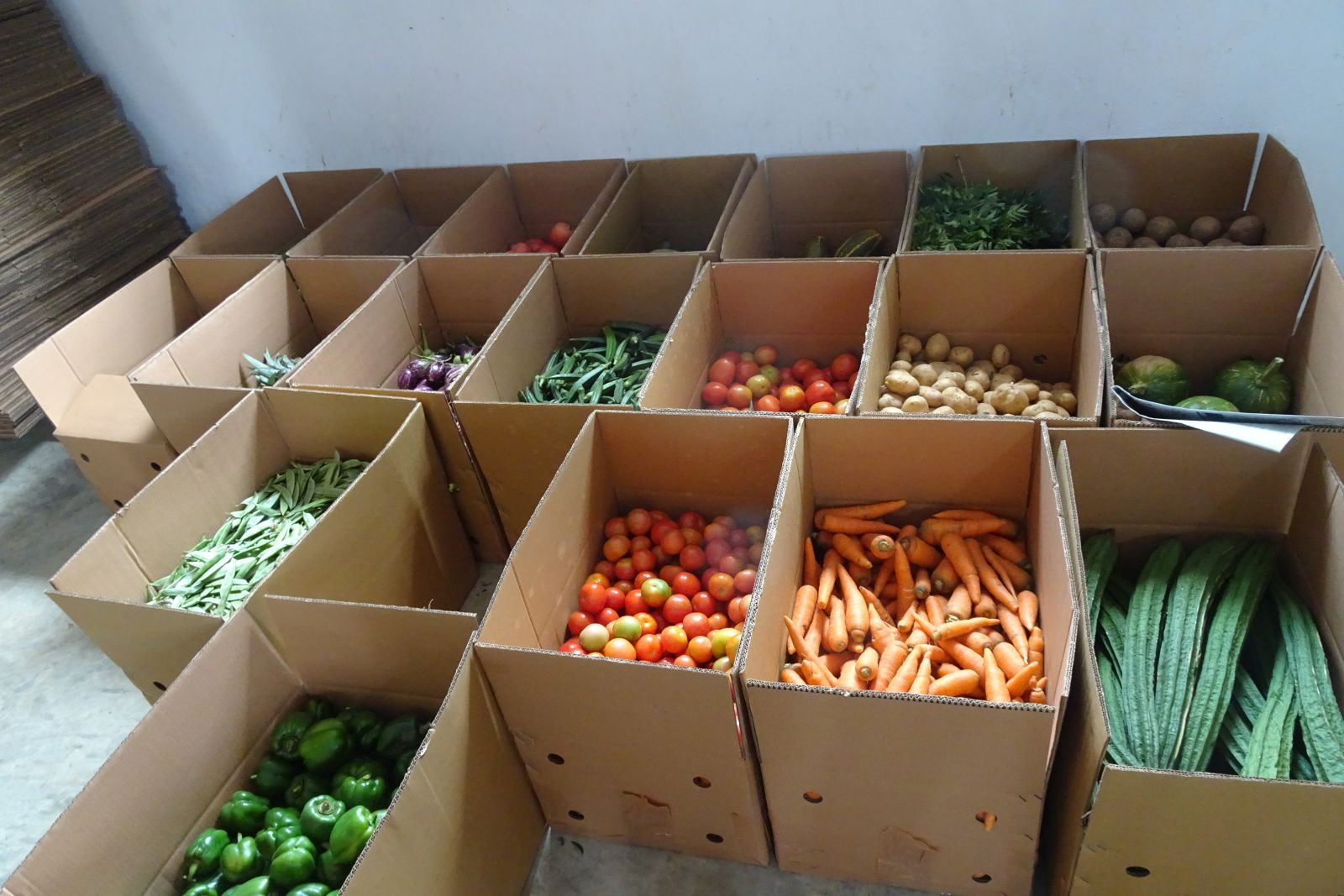Conservation
Goats farming reduces poaching

Zimbabwe has the world’s second-largest elephant population after Botswana and about one-quarter of the jumbos in Africa. It has a capacity to hold up to 55,000 elephants. However, the population has more than doubled to 100,000, according to government statistics. This growing wildlife population has become a challenge to the government, villagers and conservationists.
In the Matabeleland’s Binga district near the border with Zambia, authorities frequently record cases of elephants grazing villagers’ crops. Equally, the residents also engage in poaching as an economic activity. There is a shortage of food and water in the region due to prolonged drought. The Binga community competes with wildlife for survival. “One night, elephants came and ate my maize crops. I woke up because the dogs were barking. I tried to chase them away with no success. I lost everything,” says 45-year-old Mpendula Mwiinde from Chidyo-1 Village.
To generate new sources of income for the farmers that does not destroy wildlife, conservationists have launched a sustainable wildlife management project in Mucheni area of Binga district. The area is part of the Kavango-Zambezi Trans-frontier Conservation Area (KaZa) which includes areas in Zimbabwe and Zambia. The project is funded by the European Union to run from August 2018 to July 2023. Local people are encouraged to breed goats instead of poaching. The farmers were given so-called Boer and Kalahari goat bucks, very robust and high-yielding breeds.
26-year-old Alexander Mdenda admits that since he started rearing goats, he has stopped hunting wildlife animals for family consumption. “In 2019, I lost 29 goats and three cows to lions and hyenas. But I have since erected a brown net to safeguard my livestock,” he says. Locals use this traditional method to protect livestock by concealing them. They believe that predators like lions cannot attack their livestock when they cannot see them.
“I slaughter some of the goats for sale and to feed my family. I no longer have to hunt down antelopes to get meat,” Mdenda says. Tawanda Gonye, a veterinary extension supervisor in Binga says the project improved their goat breeds. “We had poor quality breeds with less growth rate. We received better breeds such as Boer and Kalahari from other provinces,” Gonye says. Locals are happy that after crossbreeding, they have realised an improvement in the quality of their livestock. The goats grow faster and give birth to multiple offspring at a go.
Farai Shawn Matiashe is a journalist in Mutare, Zimbabwe.
matiashefarai@gmail.com











